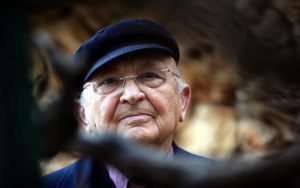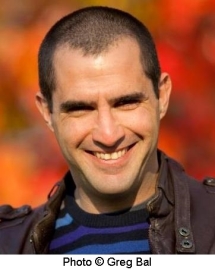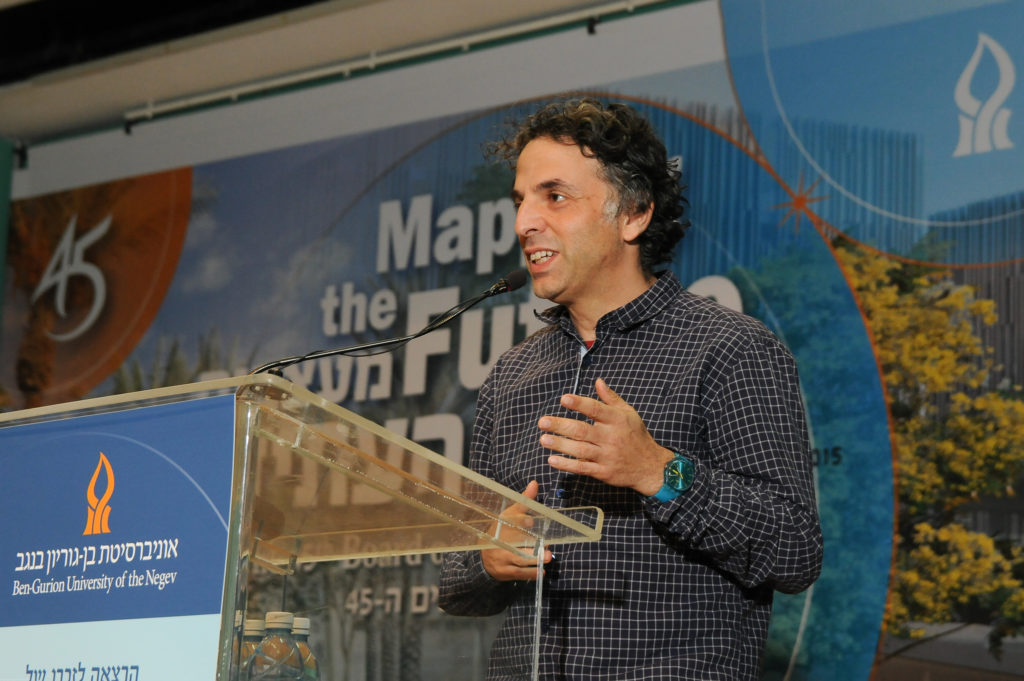
Literary Giant Aharon Appelfeld Dies at 85
Literary Giant Aharon Appelfeld Dies at 85
January 5, 2018
The Times of Israel – Aharon Appelfeld, one of Israel’s most prolific and talented writers, who brought forth a rich library of Holocaust fiction, memoirs and essays in 47 books, died Thursday, January 4, 2018 at the age of 85.
His most recent book, the romance Perplexity was published just three months ago, in September 2017.
A winner of multiple literary awards, Appelfeld was the recipient of the 1983 Israel Prize for literature and the 1989 National Jewish Book Award for fiction, and in 1997 was appointed a Foreign Honorary Member of the American Academy of Arts and Sciences.
Appelfeld taught in BGU’s Department of Hebrew Literature for much of his career. His books, manuscripts, as well as his notes and jottings, including those on napkins and scraps of paper, are housed at the University’s Hebrew literature archive.
The archive is part of Heksherim – The Research Institute for Jewish and Israeli Literature and Culture.
Appelfeld wrote all his fiction in Hebrew, a language he didn’t learn until he was 13 and had arrived in pre-state Israel, following harrowing escapes and painful experiences in Ukraine, Russia and Europe during and after the Holocaust.
Much of Appelfeld’s fiction was based on his own life, transforming memory into fiction, as he told The Independent in a 2012 interview.
“I’m not writing memoirs – I’m using pieces of my own experience,” he said.
His first book translated into English was Badenheim 1939, still part of the syllabus in many Holocaust classes, and like many of his later novels, a short, sharp metaphor of the events of his life, focused on Jewish life in Europe, and often vividly evoking the Holocaust without referring to it directly.
Appelfeld was born in Czernowitz, Bukovina (Romania between the wars, and now Ukraine), to deeply assimilated parents, who were not particularly Jewish in their behaviors and traditions. His grandparents were observant Jews whom he loved to visit, farmers with a synagogue on their own grounds.
That idyllic childhood came to an end in 1940, when the Romanians took over his town from the Soviet army, and his mother was murdered. Appelfeld and his father were deported to a German concentration camp, where they were separated and where Appelfeld later escaped and went on the run.
He wrote in his books about being a child alone in the world, picking fruits to eat, finding shelter to sleep, and being adopted by Ukranian criminals who didn’t know he was Jewish and treated him like a slave, though allowing him to survive. He later met a village prostitute who gave him shelter for five months, and who later became a character in Blooms of Darkness.
He struggled to learn the Hebrew, writing later that he used the dictionary and copied out parts of the Bible. It was an experience that ultimately enriched his writing and thoughts.
Once he was living in Jerusalem and writing in cafés – a habit that he kept up for the rest of his life, and that made him feel close to his hometown – he took on literary mentors, such as S.Y. Agnon and Haim Hazaz.
“Only in a Jerusalem café do I feel the freedom of imagination. That’s my starting point. That’s where I depart from and it is to there that I return,” he wrote in Tablet.
He was married to Judith, an Argentinian immigrant, with whom he had three children, and lived in Mevasseret Zion, just outside Jerusalem.




